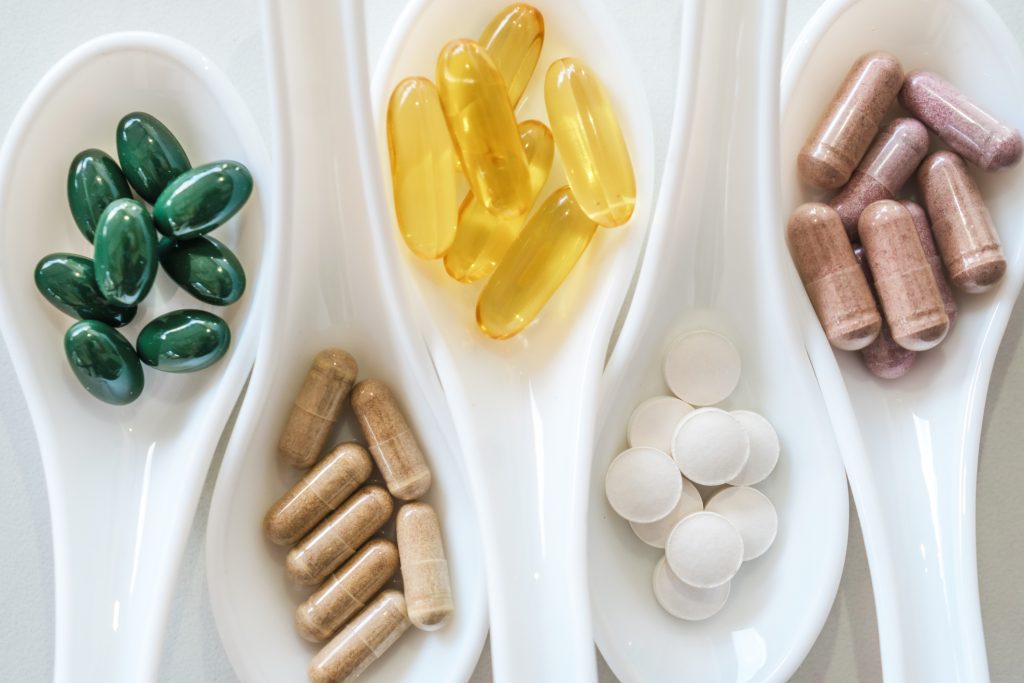Gut health has been a hot topic in the health and wellness world for some time now, and for good reason. Our gut, also known as our digestive system, plays a crucial role in not only our overall health but also our performance in various aspects of life. From physical performance in sports to mental performance in our daily tasks, the health of our gut can have a significant impact on how well we function.
The gut is home to trillions of bacteria, both good and bad, collectively known as the gut microbiota. These bacteria play a vital role in the digestion and absorption of nutrients, as well as in regulating our immune system and protecting us from harmful pathogens. When the balance of bacteria in our gut is disrupted, it can lead to a host of health issues, from digestive problems like bloating and gas to more serious conditions such as irritable bowel syndrome (IBS) and inflammatory bowel disease (IBD).
But what does gut health have to do with performance, you may ask? Well, the relationship between gut health and performance is a complex and multifaceted one, with implications for both physical and mental well-being. Let’s delve deeper into the hidden link between gut health and performance, and how you can optimize your gut health to enhance your overall performance.
Physical Performance
When it comes to physical performance, having a healthy gut is essential for several reasons. Firstly, the gut plays a crucial role in extracting and absorbing nutrients from the food we eat, providing us with the energy and building blocks needed for optimal performance. A healthy gut microbiota is also important for maintaining a strong immune system, which is crucial for preventing illness and allowing us to train and perform at our best.
Furthermore, emerging research suggests that the gut microbiota may also play a role in regulating metabolism, inflammation, and even muscle mass. A study published in the journal Nature Medicine found that the composition of the gut microbiota can influence muscle function and physical performance in mice. The researchers found that mice with a diverse and healthy gut microbiota had better muscle function and endurance compared to mice with a less diverse gut microbiota.
In addition, a study published in the International Journal of Sport Nutrition and Exercise Metabolism found that athletes with a more diverse gut microbiota had higher levels of short-chain fatty acids, which are important for energy production and muscle function. This suggests that optimizing gut health may have a positive impact on physical performance and recovery in athletes.
Mental Performance
In addition to physical performance, gut health also plays a crucial role in mental performance. The gut and brain are connected through a complex network known as the gut-brain axis, which allows for communication between the two organs. The gut microbiota plays a key role in this communication, producing neurotransmitters like serotonin and dopamine that are important for mood regulation and cognitive function.
Research has shown that the gut microbiota can influence mood, stress levels, and even cognitive function. A study published in the journal Gastroenterology found that mice with a disrupted gut microbiota showed increased anxiety-like behavior and impaired memory compared to mice with a healthy gut microbiota. This suggests that optimizing gut health may not only have physical benefits but also improve cognitive function and mental well-being.
Furthermore, gut health has been linked to conditions like depression, anxiety, and even neurodegenerative diseases like Alzheimer’s and Parkinson’s. A study published in the journal Frontiers in Psychiatry found that individuals with depression had different patterns of gut microbiota compared to healthy individuals, suggesting a potential link between gut health and mental health.
Optimizing Gut Health for Performance
So, how can you optimize your gut health to enhance your performance, both physically and mentally? Here are some tips to help you improve your gut health:
1. Eat a diverse and balanced diet: Eating a variety of fruits, vegetables, whole grains, and lean proteins can help promote a healthy gut microbiota. These foods are rich in fiber and nutrients that nourish the good bacteria in your gut.
2. Avoid processed foods and sugars: Processed foods and sugars can disrupt the balance of bacteria in your gut and promote the growth of harmful bacteria. Limiting your intake of these foods can help maintain a healthy gut microbiota.
3. Stay hydrated: Drinking plenty of water is important for digestion and nutrient absorption. Dehydration can slow down your digestive system and impact your gut health.
4. Manage stress: Stress can have a negative impact on your gut health, as it can lead to imbalances in your gut microbiota. Practicing stress-reducing activities like yoga, meditation, or deep breathing exercises can help improve your gut health.
5. Consider probiotics and prebiotics: Probiotics are beneficial bacteria that can help promote a healthy gut microbiota, while prebiotics are fibers that feed the good bacteria in your gut. Taking a high-quality probiotic supplement and including prebiotic-rich foods like garlic, onions, and bananas in your diet can help support your gut health.
In conclusion, gut health plays a crucial role in our overall performance, both physically and mentally. By optimizing our gut health through a balanced diet, hydration, stress management, and supplementation, we can enhance our physical and mental well-being and perform at our best in all aspects of life. So, take care of your gut, and it will take care of you.

